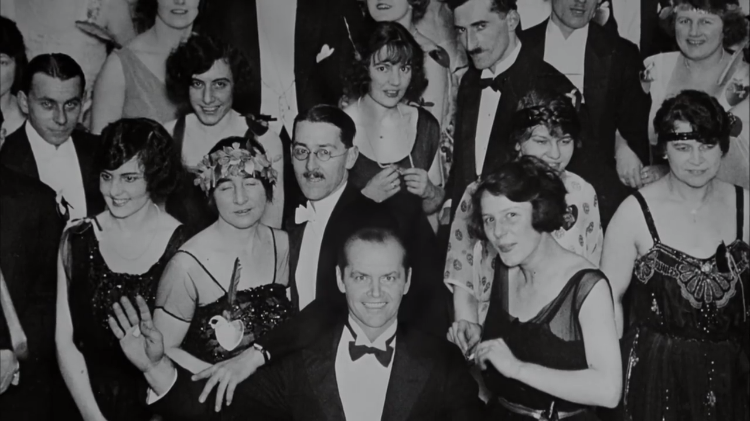Why Films Are Perceived to Have Certain Subtexts Even Though the Director Didn’t Intend it That Way

In a nuanced episode of one of his insightful video essays, from the series Now You See It, host Jack Nugent explains through the use of interviews with directors and actors, why certain films are perceived to have specific subtexts (or conspiracy theories) even when they weren't intended to be interpreted that way and asks can we consider these attributions as valid or does what the director says, goes? Nugent refers to this as "The Art of Overanalyzing Movies", which is quite an apt description of this elusive answer about finding meaning in films and fiction.
Related Laughing Squid PostsIs an interpretation still valid if it's not what the artist intended the answer has broad implications for analyzing art. If meaning is objective then discussion becomes much more narrow. Critics must take the artists word as law and only look for meetings that the artist consciously intended. On the other hand if meaning is subjective a critic can find any message they want in a film and that means anybody can throw around any theory they want.
- The Possible Secret Meanings Behind Popular Hollywood Films
- Art Car: The Movie, Documentary Follows Artists Prepping For the Houston Art Car Parade
- Vote for Chicken Subpoena Art Show
The post Why Films Are Perceived to Have Certain Subtexts Even Though the Director Didn't Intend it That Way appeared first on Laughing Squid.